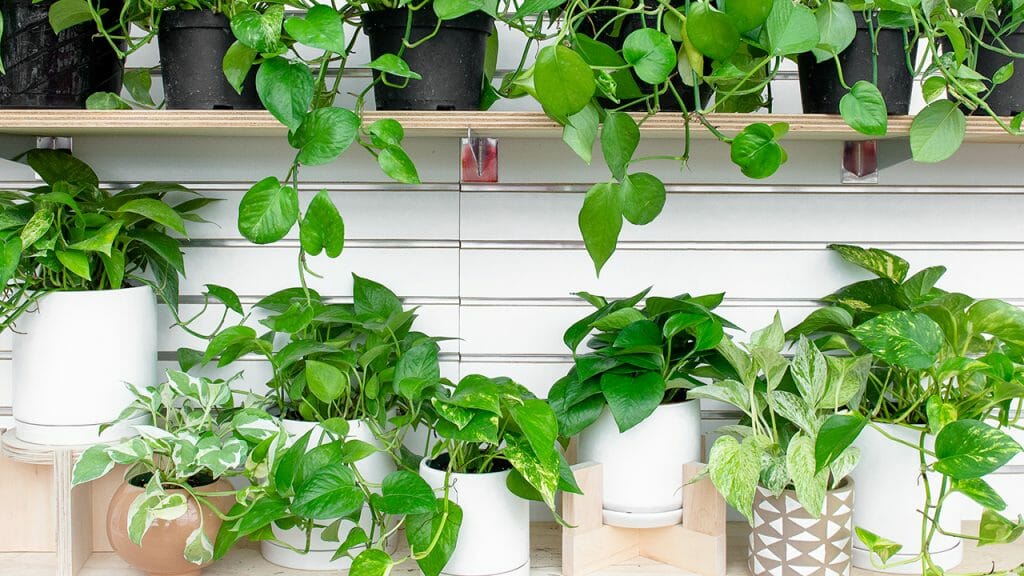With its vibrant green hue and mellow taste, zucchini is my favorite summer squash and is always easily found in gardens and farmers’ markets. Not only does this vegetable make for tasty meals, but it also makes flavorful juice!
But now comes the crucial question: Is zucchini juice good for plants?
Yes, zucchini juice can be beneficial for plants. This is because zucchini is rich in nutrients that can help plants grow and thrive. Zucchini is a good source of potassium, an essential nutrient for plants. It is also rich in other minerals, such as calcium and magnesium, which can help improve plants’ overall health.
Personally, I love using Zucchini juice! Read on below to learn why.
Is Zucchini Juice Good for Plants?
Zucchini juice can be a powerful contributor to plant growth as it acts as an effective fertilizer.
Potassium is one of the keys to successful gardening and creating a great harvest, and zucchini juice will add this essential mineral to your soil.
Not only can zucchini juice be consumed for its health benefits, but it can also be used to nourish and enrich the soil. The minerals in the juice help promote the robust growth of plants, making every garden a thriving paradise!
Other Benefits of Zucchini Juice
Not only is zucchini juice a great way to nourish your plants, but it can also be used to repel pesky critters! Many common insects and other pests are drawn in by the aroma of zucchini, so spraying some on or around your plants will discourage them from getting too close.
Zucchini juice can be a powerful deterrent to rabbits and other animals who would otherwise munch on your garden’s plants. The robust smell of the juice is intolerable, making it an ideal solution for protecting your vegetation from scavenging critters.
In addition to using zucchini juice as a cheap and easy fertilizer and pest deterrent, it’s also really good for improving the overall health of your plants.
Zucchini juice is packed full of antioxidants, which can help to protect plants from stress from weather and general damage. It also contains a lot of vitamin C, which like humans, is great for strengthening immune systems!
How to Use Zucchini Juice on Your Plants
There are a couple of ways we can use leftover zucchini juice for plants.
Option 1
This is an easy one, mix the juice with water and use it to water plants. I’d recommend a 3:1 split, with the majority being water. This can help boost nutrients to the soil and not risk putting too much juice down.
Option 2
Instead of just utilizing zucchini juice by itself, you can combine it with compost or other organic material to create a potent fertilizer. This mixture will help nourish the plant’s soil and bolster its health considerably.
Don’t Use it Too Much!
It’s important to note that while zucchini juice can be beneficial for plants, it should be used in moderation.
Too much of any nutrient can harm plants, and finding the right balance is important.
I always recommend people test the pH of the soil before using zucchini juice, as the juice’s acidity may affect the soil’s pH; understanding the soil’s composition is vital!
Frequently Asked Questions:
Is zucchini juice good for anything?
Yep, zucchini juice is an incredible source of potassium and other crucial minerals that can help foster a higher level of plant wellness.
What happens if you water plants with juice?
Provide a nutrient-rich boost to your plants’ soil and combat bothersome pests with an occasional dose of juice. Too much could potentially harm the plants! For optimal application, check the topsoil’s pH levels before applying it.
Final Thought
Zucchini juice can be a great addition to any gardener’s toolkit, and I speak from experience! It has all the essential nutrients that can help your plants.
By incorporating zucchini juice into your gardening routine, you will be able to ensure that your plants are receiving a bounty of essential nutrients.
Not only does it serve as an effective fertilizing agent and pest deterrent due to the slightly sweet taste, but when used in moderation, it can help keep plants healthy and happy!
I’m sure you’ll be pleasantly surprised by the dramatic difference this simple addition can make on plant growth.
Good luck, and let me know how you get on in the comments!




